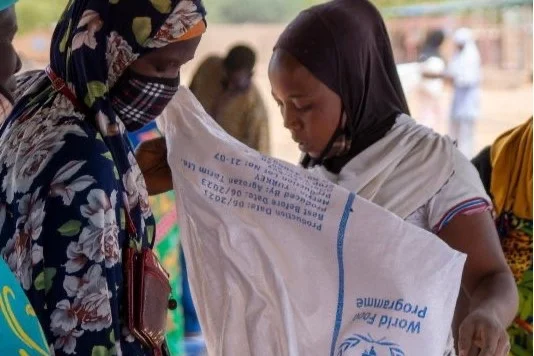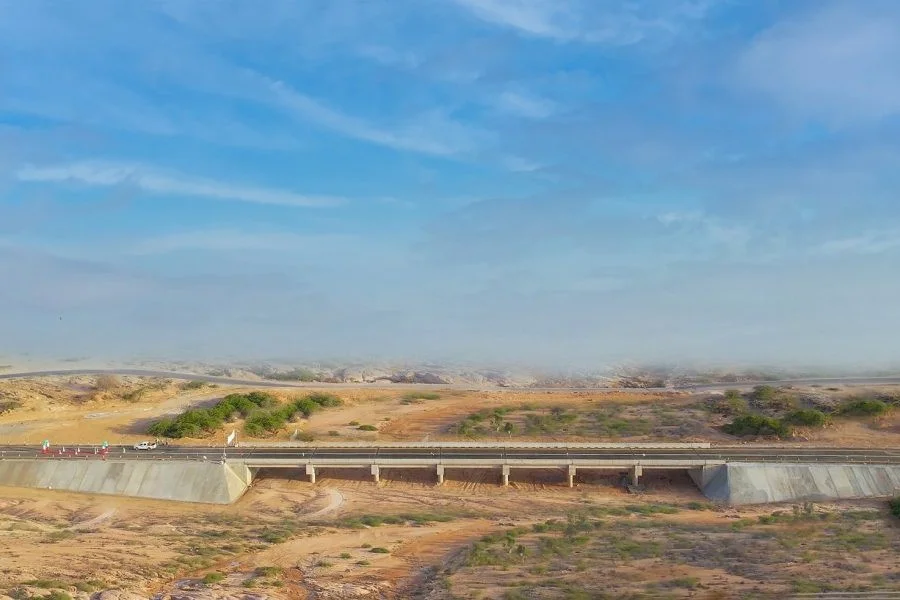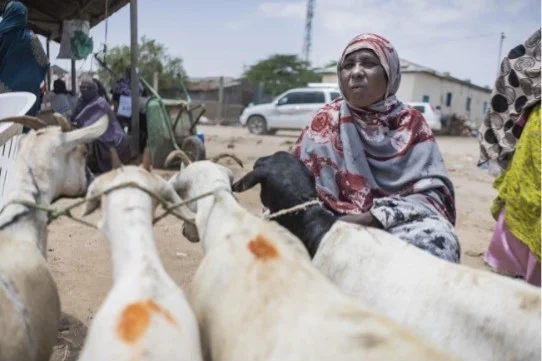A teenage girl’s life changed thanks to a literacy program in Somalia
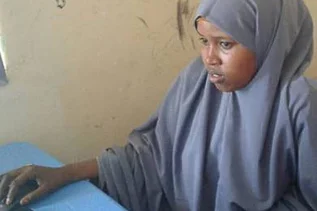
“I have become a completely different person since I can read and write,” said seventeen-year-old Firdous Abdullahi from Mogadishu, Somalia. She added: “My family depends on me for their business, as I can now count money and take care of commercial transactions, thanks to the knowledge I gained at the center.”
It is worth noting that Firdaus is one of the young women who benefited from the literacy and life skills building project implemented by UNESCO in Somalia with funding from the Mohammed bin Rashid Al Maktoum Foundation, as Firdaus lost her parents at an early age and lives today with her relatives. She did not have the opportunity to obtain education as a child due to the state of civil instability and tribal conflicts in her country, and basic education was available to the few who could afford education, as most educational institutions were private.
The lack of a stable government in south-central Somalia has prevented education for children like Firdaus, who through her close friends discovered the opportunity to learn at a community center in Mogadishu with support from the Al Maktoum Foundation, UNESCO and the Ministry of Education. Firdaus told her story: “One day, I was going to the market and my friend told me about this opportunity at the Somali National Community Training Center for Women, and I immediately went to the center to register for literacy, numeracy and entrepreneurship courses.” “This is a golden opportunity for all learners who have not had access to education like me.” Firdous is a young woman full of hope for the future and wants to learn more to improve her life for the better.
Literacy rate in Somalia
Somalia has the lowest rates of school enrollment among children. As it has 4.4 million children who are not enrolled in school education, which is equivalent to about half of the population of Somalia, which reaches 9.2 million people, and it is reported that only four children out of ten enroll in school education. Therefore, the country is very far from achieving the sustainable development goals of providing comprehensive, fair, and quality education. The only solution is to develop a program to eradicate literacy and develop life skills, which will help improve these children’s access to equitable educational programs.
However, the security situation in the capital, Mogadishu, and throughout the country is still unstable and dangerous. Terrorist attacks in Somalia are common and often carried out by suicide bombings, making it difficult for young people like Firdaus to reach the community education center and enroll in classes.
In this context, Firdaus said: “Despite many attacks and bombings occurring near the center this year, I will continue my dream of completing my education and earning a living.” I am grateful to the Al Maktoum Foundation, the Ministry of Education, UNESCO and the Somali National Center for Women for giving me a second chance in life.”
It is worth noting that UNESCO has always been one of the first actors in the field of literacy efforts around the world since 1946, to move forward towards achieving a world free of illiteracy.
 Algeria
Algeria Bahrain
Bahrain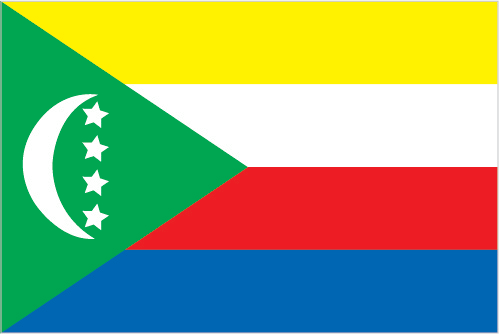 Comoros
Comoros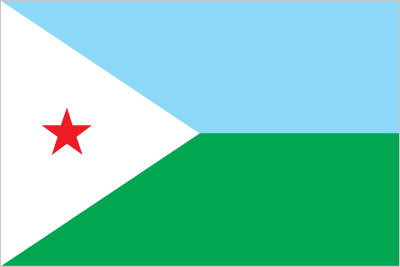 Djibouti
Djibouti Egypt
Egypt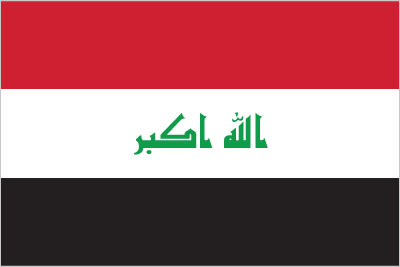 Iraq
Iraq Jordan
Jordan Kuwait
Kuwait Lebanon
Lebanon Libya
Libya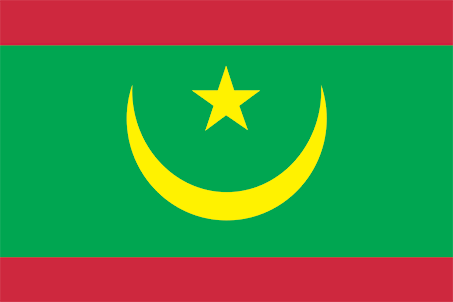 Mauritania
Mauritania Morocco
Morocco Oman
Oman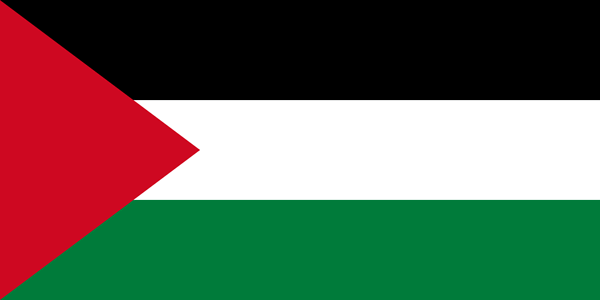 Palestine
Palestine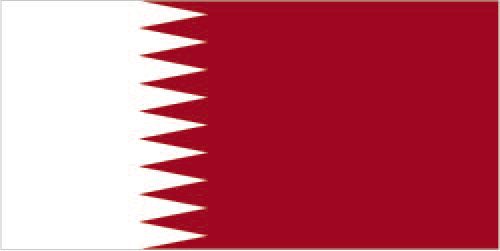 Qatar
Qatar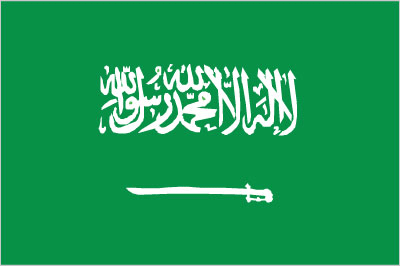 Saudi Arabia
Saudi Arabia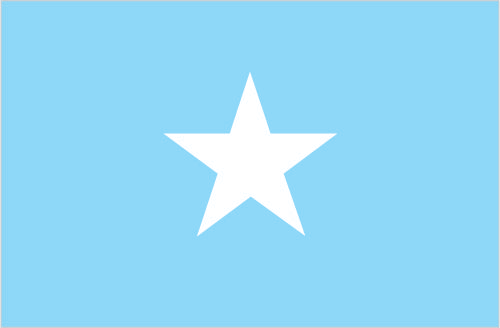 Somalia
Somalia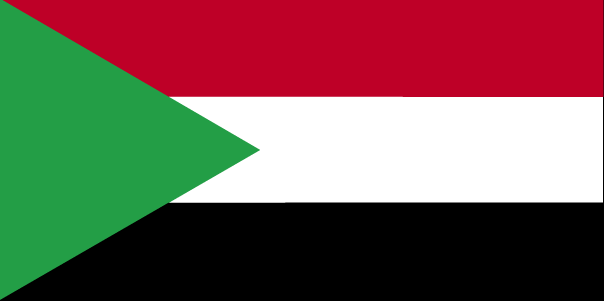 Sudan
Sudan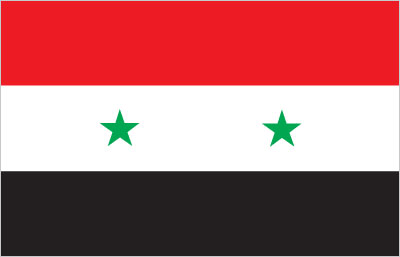 Syria
Syria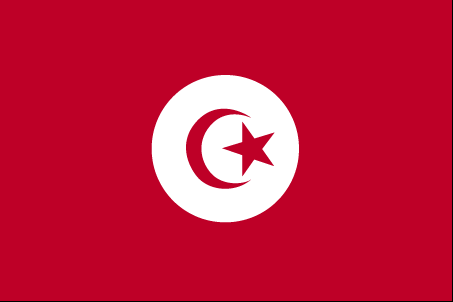 Tunisia
Tunisia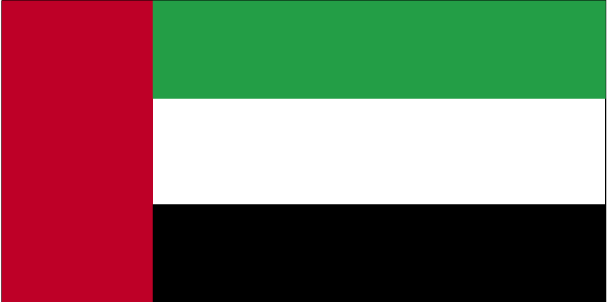 UAE
UAE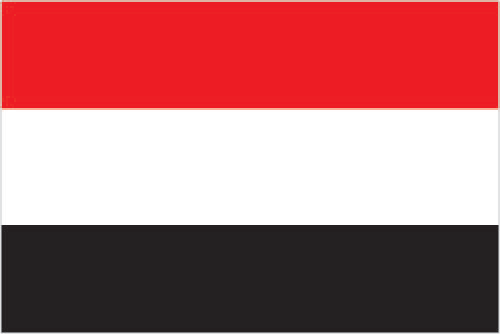 Yemen
Yemen